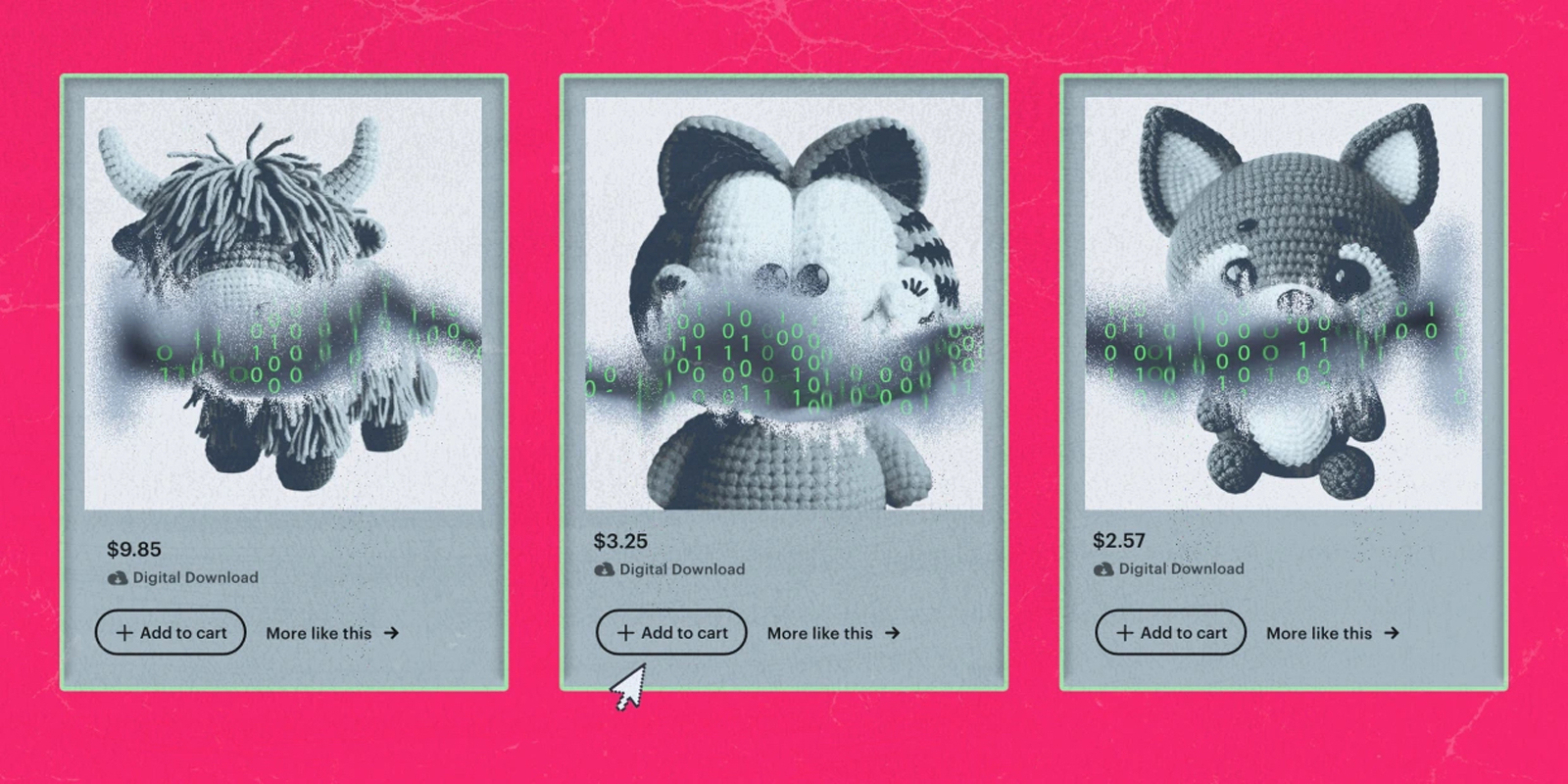If life is a game and we're all dealt different cards, a Los Angeles man is using his cards to change the game -- literally and figuratively.
Mike Alfaro figures if you're going to change a longstanding tradition like the popular Mexican bingo game Loteria, you better have a purpose.
"To me, I always knew it would be big. I always thought people would relate to it," Alfaro says. "But I also never understood the amount of people who also felt like me."
Alfaro is the creator of Millennial Loteria, a new take on the classic game that sees the old cards updated to subjects more relevant to the present and his generation.
"I thought 'Oh, La Dama doesn't really represent a lot of what's going on in culture right now.' I thought, 'La Feminist would be more appropriate to nowadays.' I looked at La Sirena...Oh, it kind of looks like she's taking a selfie, if she had a phone in her hand," Mike explains. "El Catrin is 'El Hipster,' El Sol is 'El Global Warming' and it just became stuff that was more about our life."
Alfaro started sharing the redesigned cards on Instagram, and his @MillennialLoteria account exploded. Thousands of followers started sharing the new cards, and many even asked him to make his own version of the game.
"I said I want to do like a thousand copies of the game. That was my first investment. I took all the money I had in savings and I invested it into it. It was like $20,000," he said. "So, I was basically cleared out. This has to work. I thought those 1000 copies would -- I thought 'Oh, I'll sell them in like four to five months maybe?' That's like what I thought it would take, and they sold out in four days."
U.S. & World
Last year, he sold 15,000 copies in two weeks, selling out by Christmas. As Alfaro mentioned, he always thought the game could be successful, but even he was surprised by how fast it happened.
With Millennial Loteria, he has succeeded in doing what many in corporate America have struggled to do -- market products to Millennials. Alfaro credits the game's authenticity, which is predicated on his own experiences not only as a member of that generation, but as an immigrant as well.
"I was actually at home in Guatemala when I first thought about re-doing the game. I found my old Loteria game at my house and I was sort of flipping through the board," says Alfaro, who moved to Orange County in his teens, struggling to mesh with his new American culture while aiming to stay true to his Latinidad. "You walk down the game aisle, there really isn't anything for Hispanic Americans...Nobody is really treating them and talking directly to them. They are either talking to them like they would a white audience or they are treating them as if they were foreigners.
"For Millennial Loteria, it was this idea of taking these two cultures, mixing them together to create something specific for the Hispanic American experience."
The game's popularity has allowed Alfaro to take advantage of opportunities, like joining the Latinos in Media and Arts (LIMA) Coalition, which is a collection of media industry professionals who want to make young LatinX aware of media opportunities.
"There's a lot of LatinX people that don't feel represented in the media. So, they don't think they have access to those opportunities," he says. "I think a big part of the lima coalition mission is that people are aware that those opportunities are there for you and showcase, 'Hey, we are Latinos, we are making it, you can do it too.'"
As humorous as his cards can be, success hasn't come without some controversy. Not everyone is excited about change, especially regarding a Loteria game that traces its roots to Italy and Spain but hasn't changed much--if at all--for generations.
"I got a lot of flack sometimes about making the game in Spanglish, but there's a lot of people who are Latinos here In the United States who don't speak Spanish," Alfaro explains. "I think that this also lets people know that even if you don't speak Spanish, you are still Latino. It's still part of your culture and your heritage, and that's a discussion this game allows people to have."
That discussion is why Alfaro has always wanted the game to have a bigger meaning, to set an example by changing stereotypes of the past and present.
"'Oh, millennials are lazy, they are entitled,' but then you think about stereotypes of Latinos and immigrants have been facing for years, and there are many people out there saying that we are lazy, that we are entitled," he says. "What happens when you're both? You have to fight twice as hard to overcome those stereotypes of people have about you...In a way, Millennial Loteria breaks those and also allows us to laugh at those stereotypes, like us taking selfies or student debt."
Alfaro is taking the cards he was dealt to make sure there cards that we can all play with, hoping one day the game can lead to positive changes in media for LatinX.
"Where is our Loteria movie? Where is our Loteria TV show?" he wonders. "So, to me, that would be the ultimate goal for where this can go."



